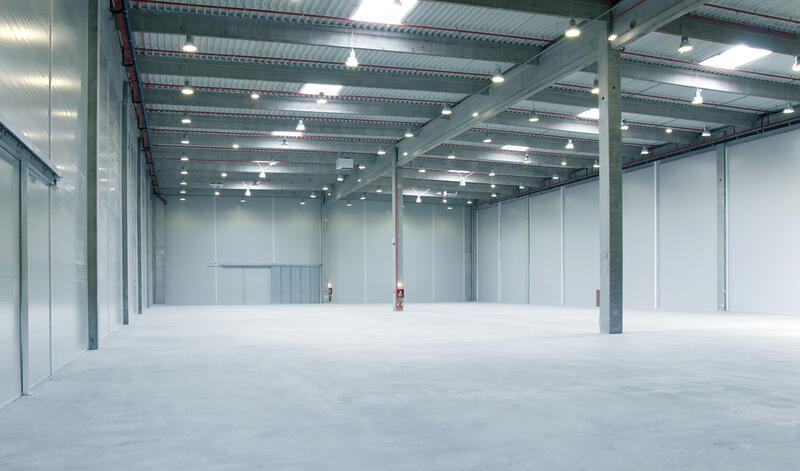Across the region, industrial and logistics vacancy rates are rising and overall demand for space is falling. The trend is also visible in Romania, where the demand for industrial premises decreased by 30% compared to the previous quarter and by 20% compared to the same period last year.
This is largely driven by slower e-commerce growth as markets in the region see a consistent backlog of manufacturing leases, particularly in Hungary, the Czech Republic and Serbia. Overall, new building construction slowed again this quarter and rents rose slightly year-on-year across the region, according to consultancy iO Partners.
"The decrease in the market is an expected setback from historical highs, against the background of a limited number of large transactions, caused by the decrease in the volumes of traditional and online retail caused by inflation, but also by the fact that many large retailers have developed in the last 5 years centers logistics with sufficient capacity", said Viorel Opaiț, Regional Development Director within iO Partners.
Romania: 30% drop in market demand and fewer deliveries
In Romania, the demand for industrial premises in the first quarter of 2024 was slower than last year. Demand reached approximately 192,400 sq m in Q1 2024, down 30% from the previous quarter and 22% lower than in Q1 2023. This downward trend follows two record years when demand rose to over 1 million sq m .
Also, deliveries of industrial premises decreased at the beginning of the year. In Romania, a total of 69,400 sqm were completed in Q1 2024, 57% less than in the previous quarter and 69% less than in Q1 2023.
iO Partners states that around 700,000 sqm are in the pipeline for 2024, but actual deliveries could be considerably lower, "as demand slows and securing pre-lets becomes more difficult".
While industrial rents were stable in Q1 2024, there is still upward pressure on rents as construction costs are high. The vacancy rate rose slightly nationally in Q1 2024 from 4.3% in the previous quarter to 4.4% as demand slowed.
In terms of surrounding markets, in the first quarter of the year, Hungary demonstrated robust demand, despite a 15% drop in overall demand in the greater Budapest region. Here, net demand was 78,280 sqm, representing 86% of transactions. The modern industrial stock in this area increased by 8.7%, reaching 3,522,160 sqm, and 63% of the new spaces under construction were pre-leased.
In the Czech Republic, the volume of newly completed premises in Q1 2024 amounted to 148,100 sqm, which is only half of the volume of the previous quarter. Companies in the manufacturing industry were responsible for 50% of the new transactions, contributing to a total industrial stock of almost 11.9 million sqm. Although the vacancy rate increased slightly, to 2%, prime rents remained stable at 7.50 euros/sqm/month.
Slovakia added 132,000 sq m of new space, although rental activity fell by 40% and the vacancy rate rose to 2.35%. Prime rents in Bratislava rose to 7.35 euros/m2/month.








